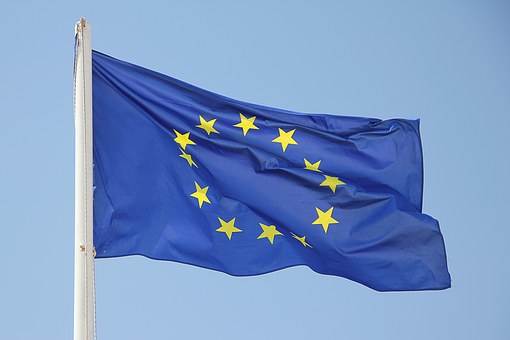 According to data published by the INSEE national statistics office, France's consumer confidence hit a 20-month peak last month, and stayed the same in October, the highest figure since January 2018.
According to data published by the INSEE national statistics office, France's consumer confidence hit a 20-month peak last month, and stayed the same in October, the highest figure since January 2018.
This is good news given that lately, the economic news from the Eurozone has not been very encouraging. For example, the latest German manufacturing data and export data show a weakening economy going towards a recession. This is not good news for the Eurozone, and Germany is the biggest and most important economy of the union. Conversely, the UK and Italy are also sending concerning signs regarding the state of their economies, something that pushed the outgoing ECB president Mario Draghi to warn his colleagues in the ECB on this trend:
“The incoming data since the last governing council meeting in early September confirms our previous assessment of protracted weakness in the euro area growth dynamics, the persistence of prominent downside risk and muted inflation pressures," said Draghi during his final European Central Bank policy meeting, “The main risk from all viewpoints, but especially also from a financial stability viewpoint, is a downturn in the economy … whether it is global or it is eurozone,” Draghi commented.
And in order to aid the ECB on the task of stimulating the economy, during his farewell speech, Draghi insisted again on advancing efforts towards establishing a fiscal union, though he highlighted that no solution is perfect.
“Monetary policy can still achieve its objective, but it can do so faster and with fewer side effects if fiscal policies are aligned with it,” he said, adding that "In a globalized world, sharing sovereignty is a way to regain sovereignty.”
Despite being an interesting proposal, this move is opposed by countries like Germany, that usually push for tackling those issues from the national level.
“National policies cannot always guarantee the right fiscal stance for the euro area as a whole,” explained Draghi, as coordinating decentralized fiscal policies is complicated and their limited influence on other economies doesn't help the goal.
Draghi's tenure has been heavily criticized mostly because the European Central Bank has failed to keep the Eurozone inflation levels on target. The bank's most recent monetary policy stance has also been unsuccessful in stimulating the markets: private sector lending growth, for example, went down from 3.8 percent to 3.7 percent last month.
Draghi is also leaving behind a divided European Central Bank governing council, a fact that his successor, the French former IMF chairman Christine Lagarde, will have to deal with. She is also facing the fact that the global economy is in a period of weakness due to the political instability, mostly fueled by Donald Trump's trade policies and the Brexit political crisis.
However, Draghi will always be remembered for "saving the Euro" and his famous “whatever it takes” speech. Even if many disagree with his approach, introducing less-conventional monetary policy tools helped to redefine public perception of the role of central banks.
By 11:33 GMT the Euro went down by 0.14 percent against the US dollar, at 1.1083. Conversely, it fell against the Japanese Yen and the Swiss Franc by 0.17 percent and 0.04 percent respectively.
